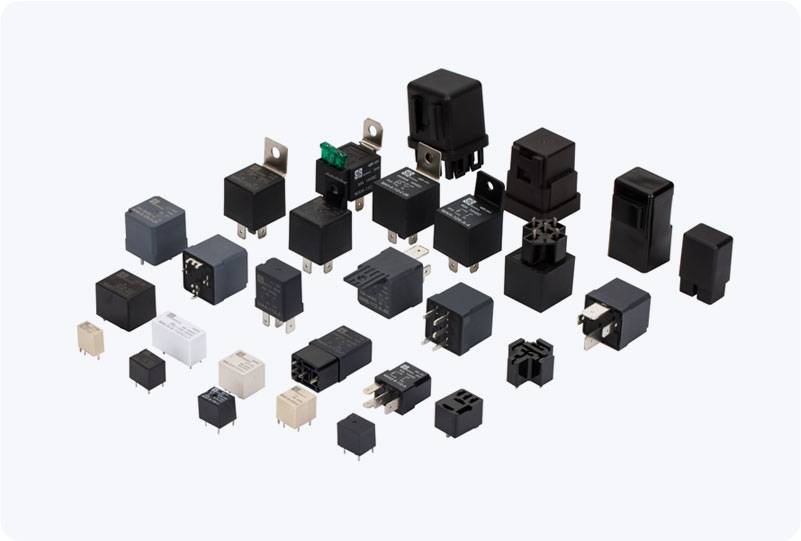A Motor Starter Relay is a fundamental component in the motor control circuit, acting as the bridge between the control system and the electric motor. It plays a vital role in ensuring that motors operate efficiently and safely by managing the electrical current that flows to the motor during its start-up and shut-down processes. In industrial and commercial settings, motor starter relays are used to protect motors from overloads and ensure that they start and stop correctly, thus prolonging their operational life and minimizing potential damage.

What is a Motor Starter Relay? A Motor Starter Relay is an electrical relay that connects and disconnects an electric motor from the power supply. It controls the on/off switching of a motor by activating when the start button is pressed, and deactivating when the motor needs to stop or if an overload situation arises. It typically works in conjunction with a contactor and a thermal overload protection device, which ensures that the motor doesn’t run beyond its capacity and prevents overheating. The Working Mechanism of a Motor Starter Relay The relay works in a simple yet effective way. When the start button is pressed, the relay is energized, causing the contactor to close and complete the circuit, allowing current to flow to the motor and initiating its operation. The relay is usually de-energized after the motor starts, leaving the contactor in a closed state for continuous motor operation.